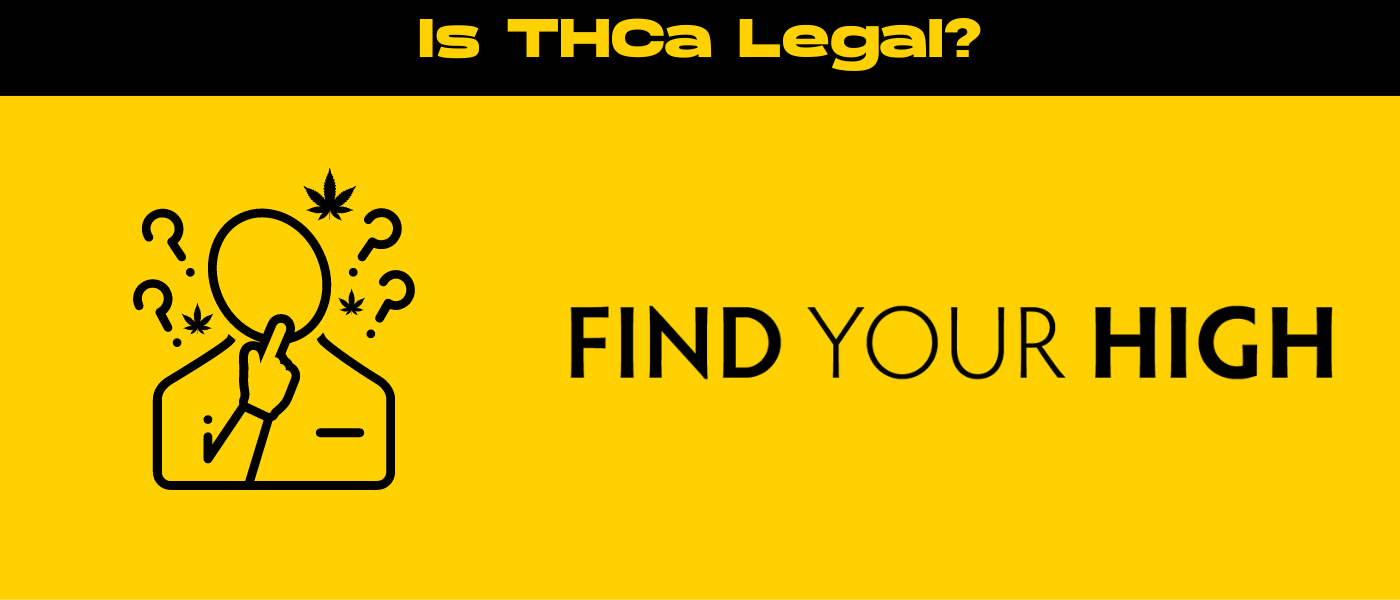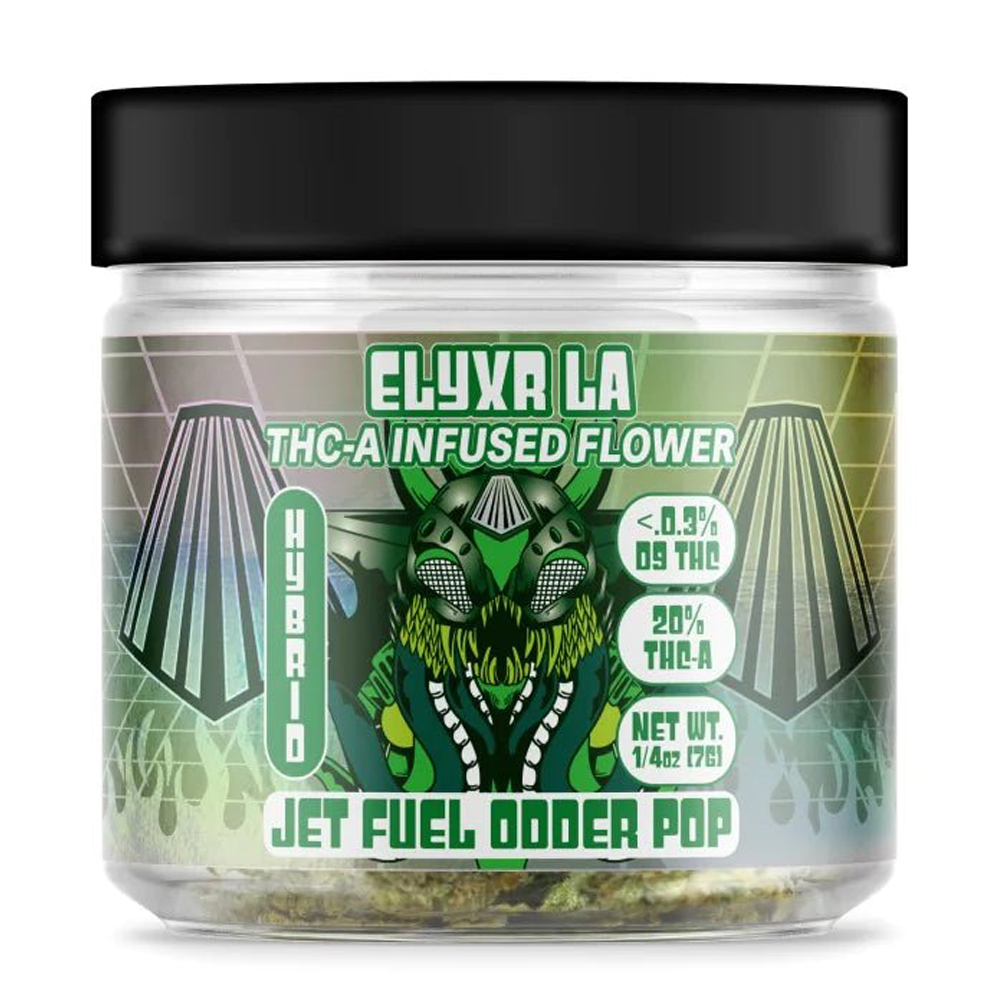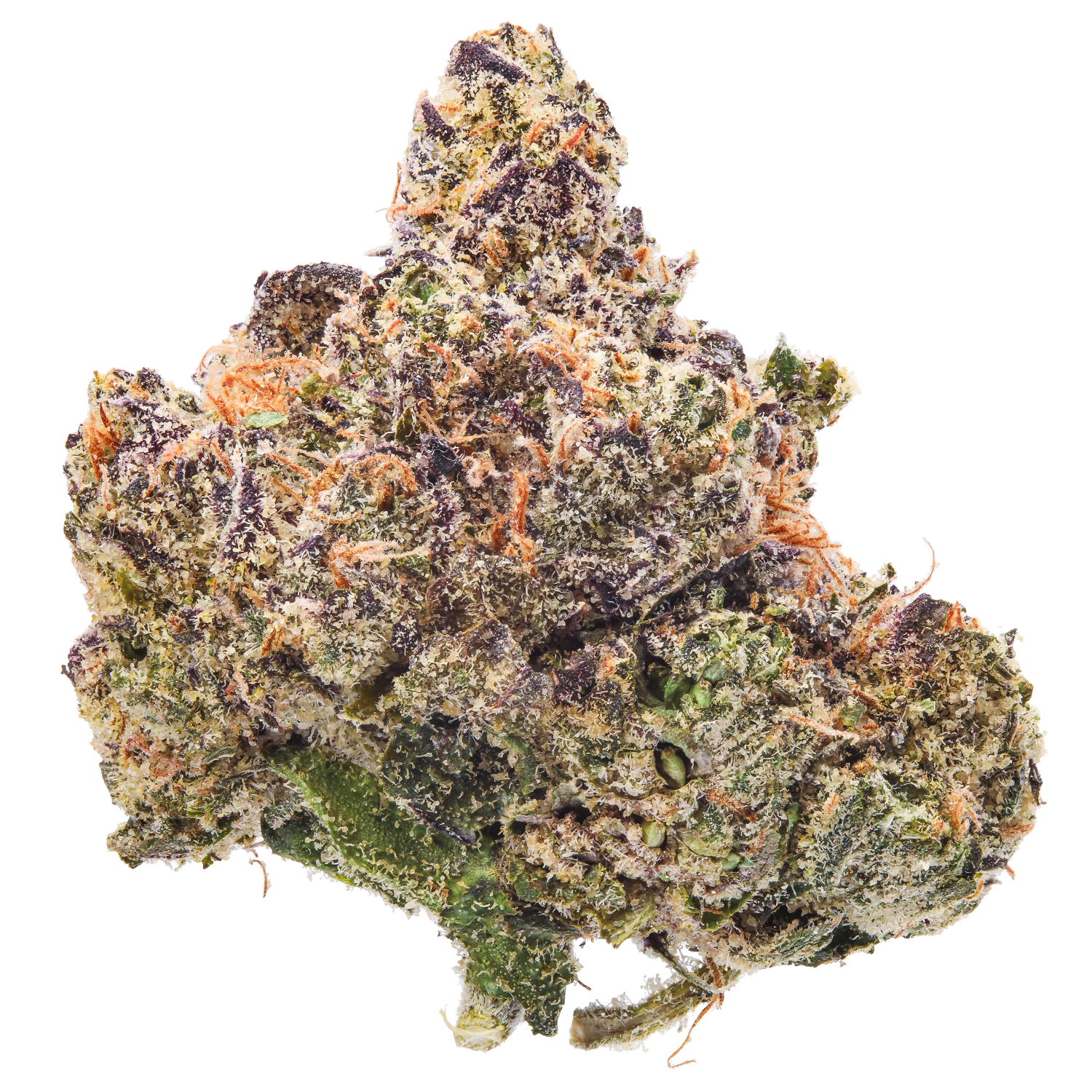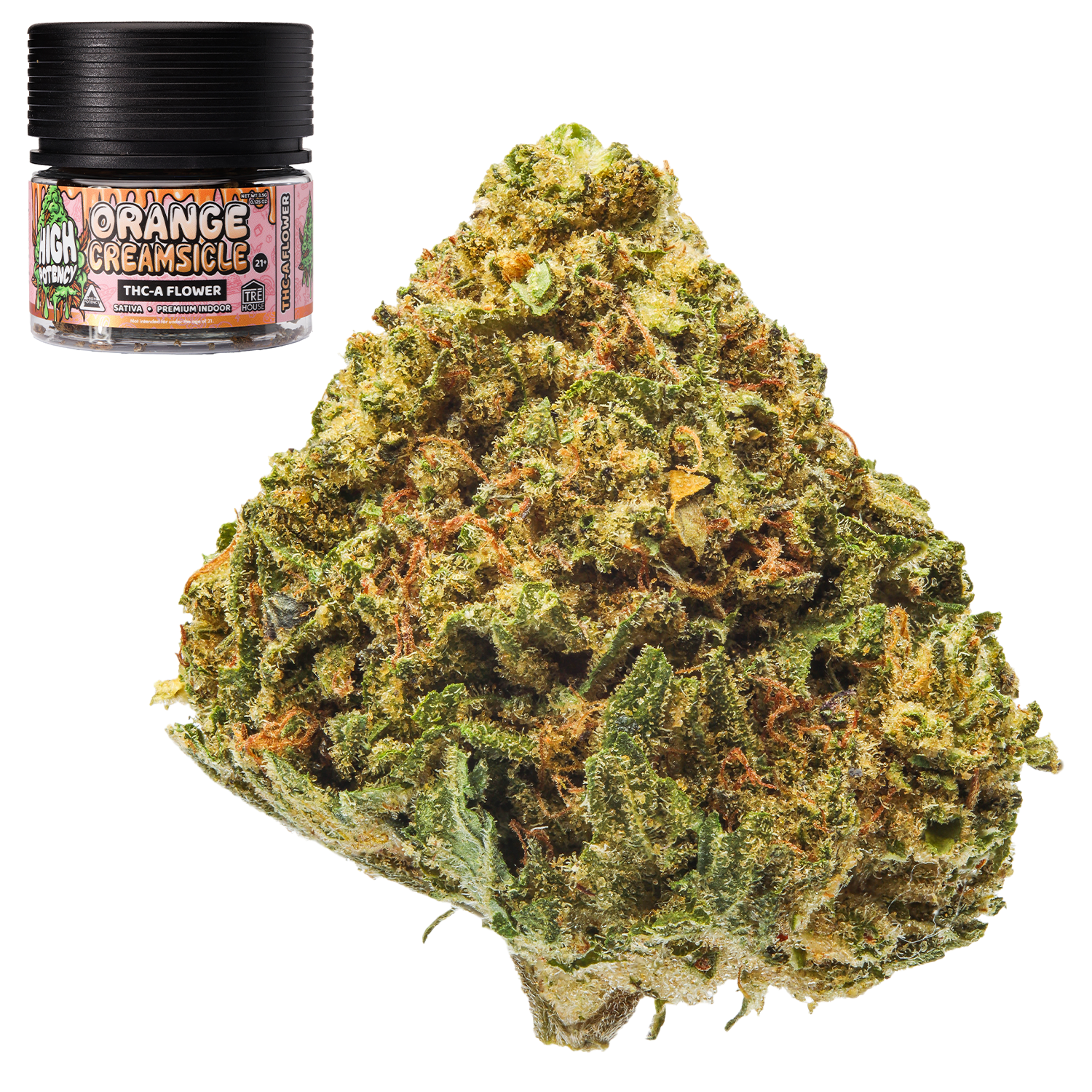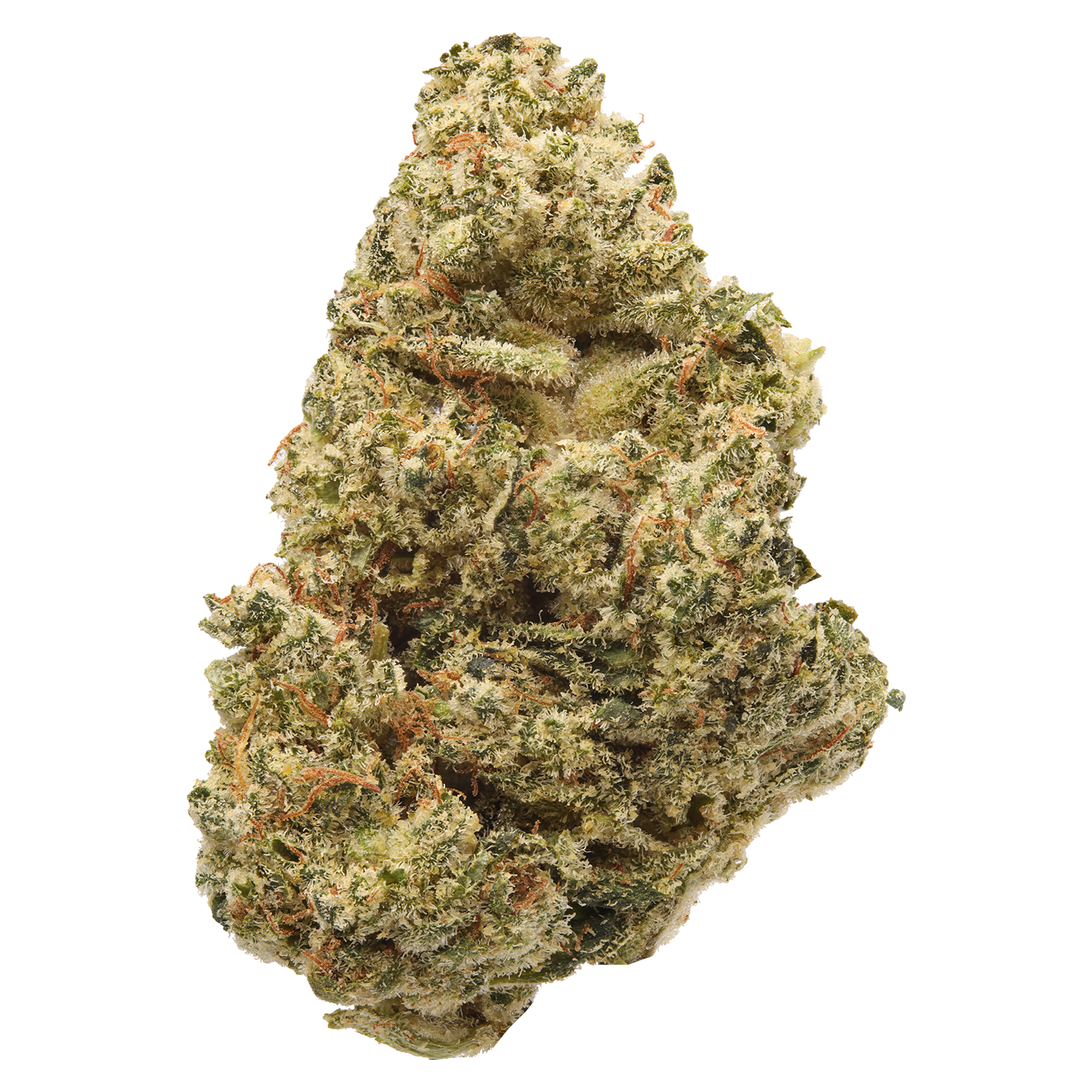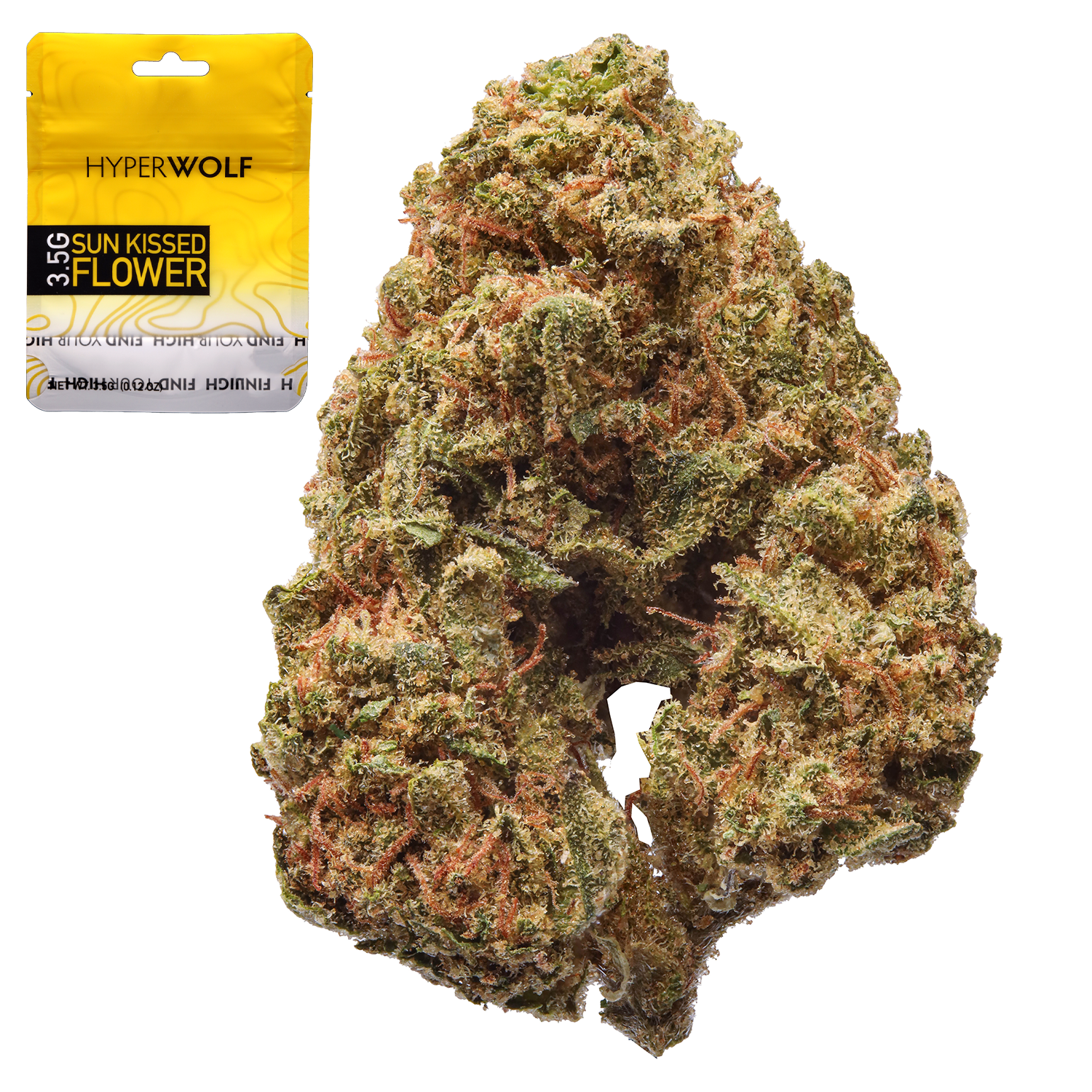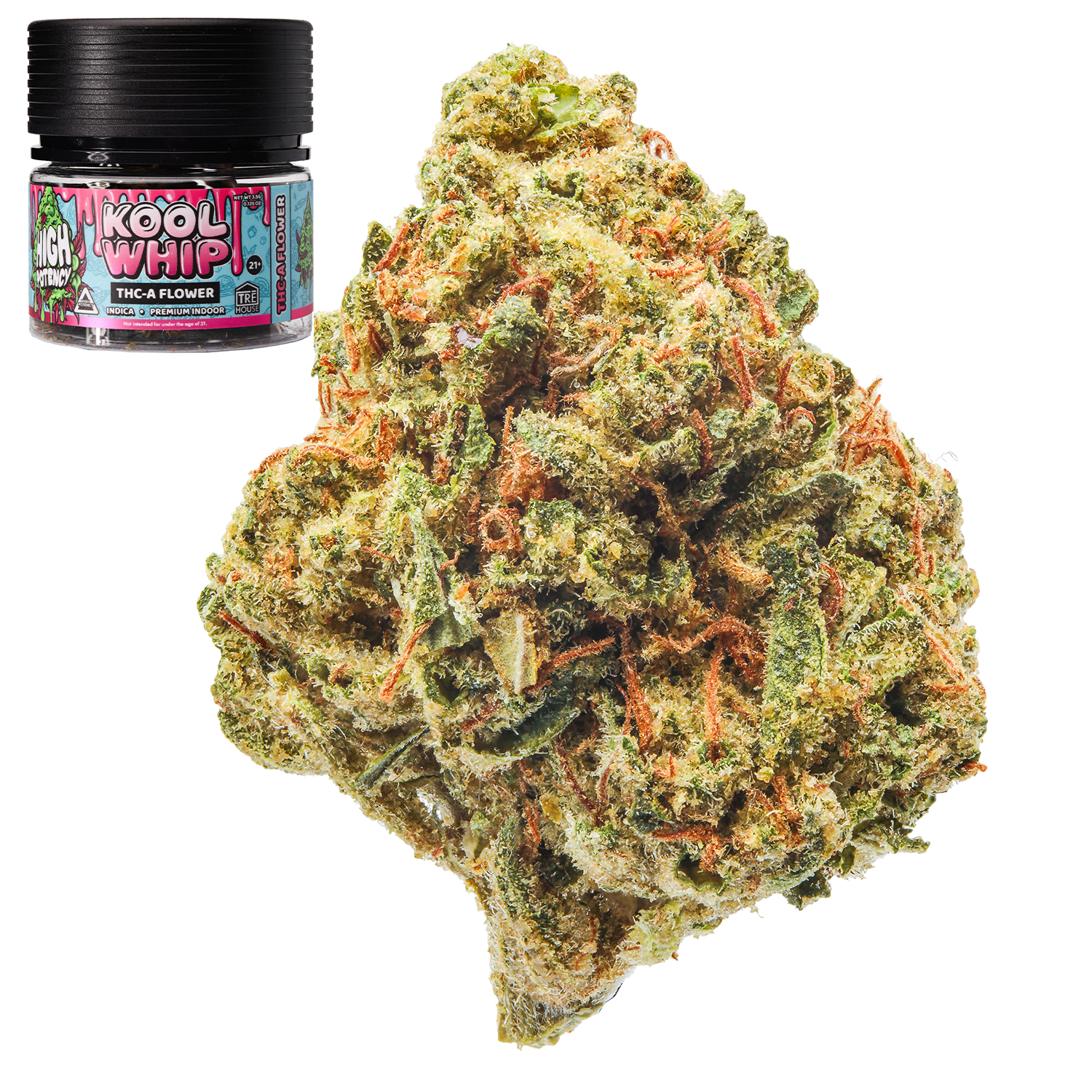If you’re curious about the legal status of THCa, you’re definitely not alone—it’s a hot topic these days. So, is THCa legal?
THCa, or tetrahydrocannabinolic acid, is a non-psychoactive compound found in raw cannabis buds and live cannabis plants. Unlike its decarboxylated cousin THC, THCa doesn’t produce a “high,” making it a subject of interest both in medical research and for those looking for non-psychoactive therapeutic options.
But what’s the deal when it comes to its legality? Navigating the legal landscape of cannabis compounds can be tricky, especially since laws vary widely from place to place. Understanding the legal status of THCa is important for consumers, producers, and anyone involved in the cannabis industry.
This blog post dives into the specifics, taking a closer look at what THCa is, the regulations surrounding it, and why it matters. We’ll also break down how these laws impact consumers and businesses and offer a few tips on staying informed and compliant.
Sit tight, because we’re about to clarify all things THCa in a way that’s easy to digest and even easier to understand.
Understanding THCa
THCa stands for tetrahydrocannabinolic acid, and it’s one of the many cannabinoids found in the cannabis plant.
Chemically speaking, THCa is a carboxylic acid. This simply means it includes a carboxyl group in its structure, which differentiates it from THC, or tetrahydrocannabinol. When cannabis is in its natural state, THCa is abundant in its raw form and transforms into THC when exposed to heat through a process called decarboxylation. This chemical shift is what makes THC psychoactive—it’s the compound responsible for the high associated with smoking or vaporizing cannabis.
In contrast, THCa itself is non-psychoactive, so you won’t experience any mind-altering effects from consuming it in its raw state. Because of these differences, THCa is often explored for potential therapeutic applications without the high, attracting attention for its unique benefits in the wellness community.
Current Legal Landscape
When it comes to cannabis legality, it’s really a mixed bag across the globe. Some countries have embraced cannabis fully, allowing both recreational and medicinal use, while others still enforce strict prohibition.
In places like Canada and Uruguay, cannabis is legal and regulated for adults, creating a straightforward legal structure. Meanwhile, countries in Europe take varied approaches, with places like the Netherlands operating in a legal gray area, primarily for tourism. Asia and some parts of Africa are maintaining stricter laws against cannabis use, which significantly influences THCa’s legal status there.
In the United States, the situation is even more complex. While cannabis is still considered illegal at the federal level, many states have taken the liberty to pass their own legislation, either legalizing it for medical use, recreational use, or both. This can create a confusing scenario where what’s legal in one state is considered illegal in another, creating a patchwork of laws that require cannabis consumers and businesses to be vigilant in keeping up with state-specific regulations.
Federal Laws on THCa
At the federal level, cannabis and substances derived from it are governed by the Controlled Substances Act (CSA). Under this act, marijuana-derived cannabis is classified as a Schedule I controlled substance, which signifies drugs with a high potential for abuse and no accepted medical use. This has long placed cannabis outside the bounds of legality in the eyes of federal law.
However, THCa flower and other hemp-derived cannabinoids are an entirely different story. Although THCa is non-psychoactive and federally legal under the 2018 Farm Bill, its positioning remains complex across states. The bill legalizes hemp-derived cannabis products, but the broader cannabis classification still creates challenges in some states.
Despite a push for comprehensive federal reform, navigating cannabis-related business or consumer activities requires caution due to varying state regulations.
State Laws and THCa
State laws significantly differ when it comes to the legitimization and regulation of cannabis and THCa. Several states have fully legalized cannabis, allowing residents to enjoy its benefits both recreationally and medically, such as California, Colorado, and Oregon. In these places, you can find hemp-derived THCa in dispensaries with regulated quality control.
On the other hand, there are states that remain conservative, keeping the substance illegal, or only allowing it under strict medical guidelines. For instance, states like Nebraska and Idaho have yet to legalize cannabis in any form. However, the 2018 Farm Bill provides more leniency for hemp-derived THCa products.
If you look at states like Louisiana and Tennessee, however, there are specific medical programs that regulate the use and distribution of cannabis, showing just how varied the legal landscape can be. Navigating these state laws is essential for both consumers and businesses to stay compliant and maximize the potential benefits of THCa.
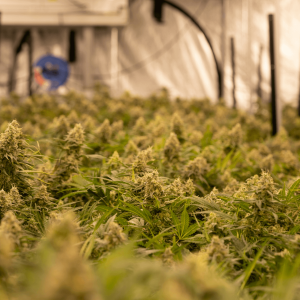
THCa and International Legislation
THCa’s legal status through an international lens varies as much as it does in the U.S., with policies being dictated by a mix of national legislation and international treaties.
Across the globe, countries adopt different approaches to cannabis regulation, often influenced by treaties such as the Single Convention on Narcotic Drugs. For instance, in countries like Canada, where cannabis is fully legalized, THCa faces little to no specific restrictions, allowing ease of access and integration into the market.
In contrast, regions with rigid policies, such as some Southeast Asian countries, maintain stringent controls or outright bans on all cannabis-related substances, including THCa. European nations like Germany have opened doors to medical applications while restricting recreational use, making THCa an increasingly discussed topic among medical cannabis proponents.
International treaties often provide a framework that countries interpret to suit their socio-political climate. While these treaties can slow down reform, they also create a baseline for legislation, with some nations leveraging treaty provisions to explore THCa for medicinal purposes while still enforcing limits to prevent misuse.
The complex mix of international frameworks and national policies means that for THCa, the path to legality is often a balancing act, reflective of broader cannabis debates.
Medical Use of THCa
THCa is gaining attention for its potential health benefits, making it a hot topic among those interested in alternative therapies. While research is still ongoing, early findings indicate promising possibilities:
- Anti-inflammatory properties: THCa might help reduce inflammation, making it a potential candidate for addressing conditions like arthritis or chronic pain without the psychoactive effects of THC.
- Neuroprotective effects: Studies suggest that THCa could support brain health by protecting nerve cells, which may be helpful in treating neurodegenerative diseases such as Parkinson’s or Alzheimer’s.
- Anti-nausea qualities: THCa may alleviate nausea and vomiting, especially in patients undergoing chemotherapy or those suffering from severe digestive issues.
- Appetite stimulation: It could serve a role in boosting appetite for individuals dealing with appetite loss due to chronic illnesses or treatments.
Despite these potential benefits, legal challenges present significant hurdles for patients and healthcare providers. Due to the lack of uniformity in cannabis laws, THCa isn’t always consistently accessible across different regions, limiting patients’ ability to explore its use fully.
Healthcare providers, in turn, face legal uncertainties when recommending THCa, often operating in a legal gray area that makes it difficult to build comprehensive treatment plans. This situation necessitates awareness of both state and federal laws, underscoring the importance of advocacy for clearer regulations that could facilitate research and safe, lawful access to THCa.
Due to the strict regulations, Hyperwolf has created an online dispensary model that delivers 100% federally legal THCa directly to your doorstep. By ordering through Hyperwolf, you can rest easy knowing that each and every product is third-party tested and meets the legal standards required — 0.3% THC on a dry weight basis.
THCa in the Recreational Market
The recreational cannabis market is booming, fueled by increased legalization and shifting public perception. In this dynamic environment, THCa is carving out a niche by offering cannabis consumers a quality option even if they don’t live in a recreationally legal state.
As wellness-focused products continue to trend, THCa is becoming an intriguing component of recreational offerings such as tinctures, topicals, and supplements. This growing interest highlights the diverse demand within the recreational market and suggests a promising future for THCa as part of a broader, more holistic approach to cannabis consumption.
Hemp-Derived THCa Legalities
When it comes to THCa, the distinction between hemp-derived and cannabis-derived products is crucial. Hemp and cannabis come from the same plant family, but legal definitions and regulations set them apart.
Hemp is defined as cannabis containing less than 0.3% THC on a dry weight basis, as per the 2018 Farm Bill. This means THCa extracted from hemp is often given more legal leeway compared to its cannabis-derived counterpart, which is typically more tightly regulated due to higher Delta-9 THC content.
Legal loopholes exist that allow for hemp-derived THCa to be produced and consumed where cannabis-derived THCa remains restricted. Many states embrace these loopholes, promoting a market where hemp-derived products can be sold and transported with relative ease. However, strict testing is required to determine if a substance constitutes hemp rather than medical and recreational marijuana.
This blend of federal and state laws can be confusing, requiring vigilance from businesses and consumers to navigate successfully. As demand for THCa grows, staying informed on the latest developments in legislation is key to ensuring compliance and taking full advantage of the opportunities presented by hemp-derived products.
FDA Regulations and THCa
The Food and Drug Administration (FDA) plays a pivotal role in overseeing cannabis regulation, ensuring safety and efficacy in products entering the market. As cannabis products, including THCa, gain popularity, the FDA’s responsibility for safeguarding public health becomes more pronounced.
The FDA mandates that products adhere to strict safety guidelines, and it has increased surveillance to ensure that hemp-derived products don’t exceed the 0.3% THC threshold. The agency’s actions concerning THCa are less pronounced than other cannabis components like CBD, but it remains vigilant.
One of its notable actions includes issuing warning letters to companies making unsubstantiated health claims about their THCa products. The FDA continues to evaluate the need for more comprehensive testing and labeling rules, emphasizing that consumer protection is paramount, as the cannabis industry evolves.
Cultivation and Possession Laws
When it comes to the cultivation and possession of THCa, laws vary significantly between personal and commercial contexts. In many regions where cannabis cultivation is legal, individuals are allowed to grow a certain number of plants for personal use, typically between four to six plants.
Commercial cultivation, however, requires state-issued licenses, which ensure adherence to guidelines that control the quality and quantity of production. These licenses regulate not only the cultivation but also the distribution and sale of cannabis-derived products.
Possession laws also reflect these differences; where personal possession might allow for a limited amount, usually an ounce or two, commercial entities must operate within yet another set of legal limits tied to their licensing agreements. These regulations are crucial to recreational and medical cannabis frameworks, ensuring responsible consumption and preventing misuse.
However, legal nuances can become complex, as states have different interpretations and implementations of these laws, making it essential for consumers and businesses to stay well-informed to remain compliant.

Impact of Legalization on THCa Research
The legalization of cannabis in various regions has significantly propelled THCa research forward, providing scientists and researchers with the freedom to explore its potential benefits and applications.
As more states move toward legalization, the barriers that once hindered thorough scientific inquiry begin to crumble, allowing for a more comprehensive understanding of THCa’s pharmacological effects and medical potential. Legal changes have fostered a more open environment for collaboration between state-funded institutions and private research facilities, which is vital for advancing our knowledge of THCa.
Key areas of research currently being explored include its anti-inflammatory and neuroprotective properties, as well as its potential role in managing chronic pain and epilepsy. Additionally, studies are examining the biochemical processes underlying THCa’s interaction with the human endocannabinoid system.
These insights could lead to groundbreaking therapeutic applications, underscoring the importance of continued research efforts in this evolving field.
THCa Businesses and Legal Challenges
Businesses involved in the THCa space are navigating a fascinating yet challenging landscape, adapting to shifting regulatory patterns while striving to remain competitive and compliant. A few companies, including Hyperwolf, offer a range of THCa products, from tinctures and topicals to capsules and edibles, aiming to capitalize on the growing consumer interest.
However, these businesses often encounter common legal hurdles, including varying state regulations, the complex process of obtaining licenses, and the need to ensure ongoing compliance with both state and federal laws. Meeting the legal standards for production, testing, and labeling is an ongoing challenge that requires vigilance, adaptability, and legal expertise.
Moreover, these businesses must continually update their operations in response to evolving regulations that can differ widely from one jurisdiction to another, reflecting the complex patchwork of cannabis legislation across the United States.
Despite these challenges, the THCa market continues to grow, driven by innovation and consumer demand, marking an exciting era for cannabis entrepreneurs.
Advocacy and Legal Reform
In the ever-evolving landscape of cannabis law reform, numerous organizations are diligently working to advocate for change and promote understanding.
Groups like the National Organization for the Reform of Marijuana Laws (NORML) and the Drug Policy Alliance are at the forefront of pushing for policy changes that favor cannabis legalization and decriminalization. These organizations engage in educational campaigns, lobbying efforts, and public outreach to disseminate information about the benefits and potential of cannabis, including its derivative THCa, thereby shaping public perception and legislative trends.
Recent legal battles have further highlighted the significance of their work. Landmark cases, such as Gonzales v. Raich and more recent state-level rulings, have tested the boundaries of federal versus state power regarding cannabis legislation. These cases underscore the complexity of cannabis reform efforts and highlight the necessity for continued advocacy to harmonize the legal landscape.
The work of these organizations is crucial in addressing disparities within the legal system and ensuring that regulatory changes benefit both consumers and businesses alike.
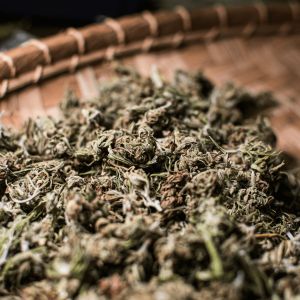
THCa and Law Enforcement
Law enforcement agencies face unique challenges when it comes to regulating THCa, often finding themselves caught between state and federal laws.
Given the complexities surrounding THCa’s legal status, agencies must navigate varying state regulations while maintaining compliance with federal guidelines. This can lead to confusion in enforcement, particularly concerning the legal thresholds for THC content in hemp-derived products.
Several case studies illustrate these challenges, with THCa-related legal encounters often revolving around the misinterpretation of hemp versus cannabis laws. For instance, cases where law enforcement officers conducted raids on licensed businesses mistakenly believed to be non-compliant highlight the delicate balance agencies must maintain in enforcing changing regulations.
The confusion often lies in differentiating between THC and THCa, leading to legal repercussions that affect both businesses and consumers.
THCa Edibles and Consumer Rights
The regulation of THCa-infused edibles is a vital component of consumer safety and legal compliance within the cannabis industry. As these products grow in popularity, regulatory bodies are tasked with ensuring they meet stringent safety and labeling standards.
Laws governing the production and sale of THCa edibles often require clear labeling that informs consumers of the product’s ingredients, THC content, and safe usage guidelines. This emphasis on transparency is crucial for protecting consumer rights, as it empowers individuals to make informed decisions about their consumption. Labeling laws also protect against misleading health claims that can sometimes accompany cannabis products.
Furthermore, these laws safeguard consumers from potential health risks associated with improper dosing or manufacturing practices. Advocacy for robust labeling and safety regulations continues to be important as the market for THCa edibles expands, ensuring that consumer interests are prioritized in a rapidly growing industry.
By establishing comprehensive guidelines, regulatory bodies help maintain trust between consumers, producers, and law enforcement agencies.
Future of THCa Legality
The future of THCa legality is brimming with potential shifts that could significantly influence both medical and recreational cannabis communities. As research on THCa’s benefits continues to gain momentum, there’s a push for more comprehensive legislation that recognizes its unique properties separate from THC.
This could lead to a reevaluation of its classification under federal and state laws, potentially easing restrictions for consumers and businesses alike. Such legislative changes could open up new avenues for medical research and applications, offering relief to patients who benefit from THCa’s therapeutic properties without the psychoactive effects of THC.
Meanwhile, for recreational users, clearer guidelines could mean easier access to THCa products, fostering greater innovation and diversity in the market. However, much depends on the interplay of scientific findings, public perception, and political will, which will ultimately shape how THCa is regulated and utilized in the years to come.
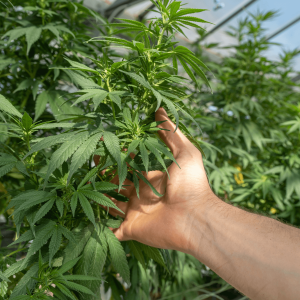
Conclusion
In conclusion, navigating the current landscape of THCa brings to light the complex web of legal, regulatory, and consumer perspectives that define its path. From understanding the biochemical interactions of THCA flower to grappling with shifting legal frameworks, it’s clear that THCa holds promise in both therapeutic and recreational realms.
Businesses face ongoing challenges in maintaining compliance, while advocacy groups tirelessly work to advance understanding and reshape laws. As consumers, staying informed about these developments empowers better decision-making, ensuring that their choices align with both legal and personal wellness goals.
As the industry continues to evolve, embracing education and advocacy seems crucial, encouraging a balanced approach that supports innovation while safeguarding consumer interests.
Is THCa Legal? Frequently Asked Questions
1. Is THCa legal in the US?
The legality of THCa in the United States is complex and varies by state. While some states permit its use under specific conditions, under federal law, THCa falls into a gray area. As it’s a non-psychoactive precursor to THC, it’s often considered legal in hemp-derived products containing less than 0.3% THC. Always check local laws to determine its legal status in your area.
2. Does THCa get you high?
No, THCa itself does not produce psychoactive effects, meaning it won’t get you high. However, when decarboxylated—either through heating or prolonged exposure to sunlight—THCa converts to THC, which does have psychoactive properties.
3. Are delta-9 and THCa the same thing?
Delta-9 THC and THCa are not the same; Delta-9 THC is the psychoactive compound that causes a high, while THCa is its non-psychoactive form found in raw cannabis.
4. Are delta-8 and THCa the same thing?
No, delta-8 THC is a distinct compound with mild psychoactive effects, different from THCa, which is non-psychoactive until heated or converted into THC.
5. Does THCa show up on a drug test?
While THCa itself is not typically screened for in standard drug tests, it can be converted into THC through processes like heating. Once converted, THC is detectable and can show up on a drug test. Therefore, even if you’re consuming a product high in THCa with no intent to activate it, the possibility of it converting and affecting a drug test exists.
If you’re subject to regular testing, have concerns about your THC levels, or live in a state with very strict cannabis laws, it might be wise to consider this potential conversion. Always stay informed about the specific components of your cannabis products and consult with professionals if needed.




